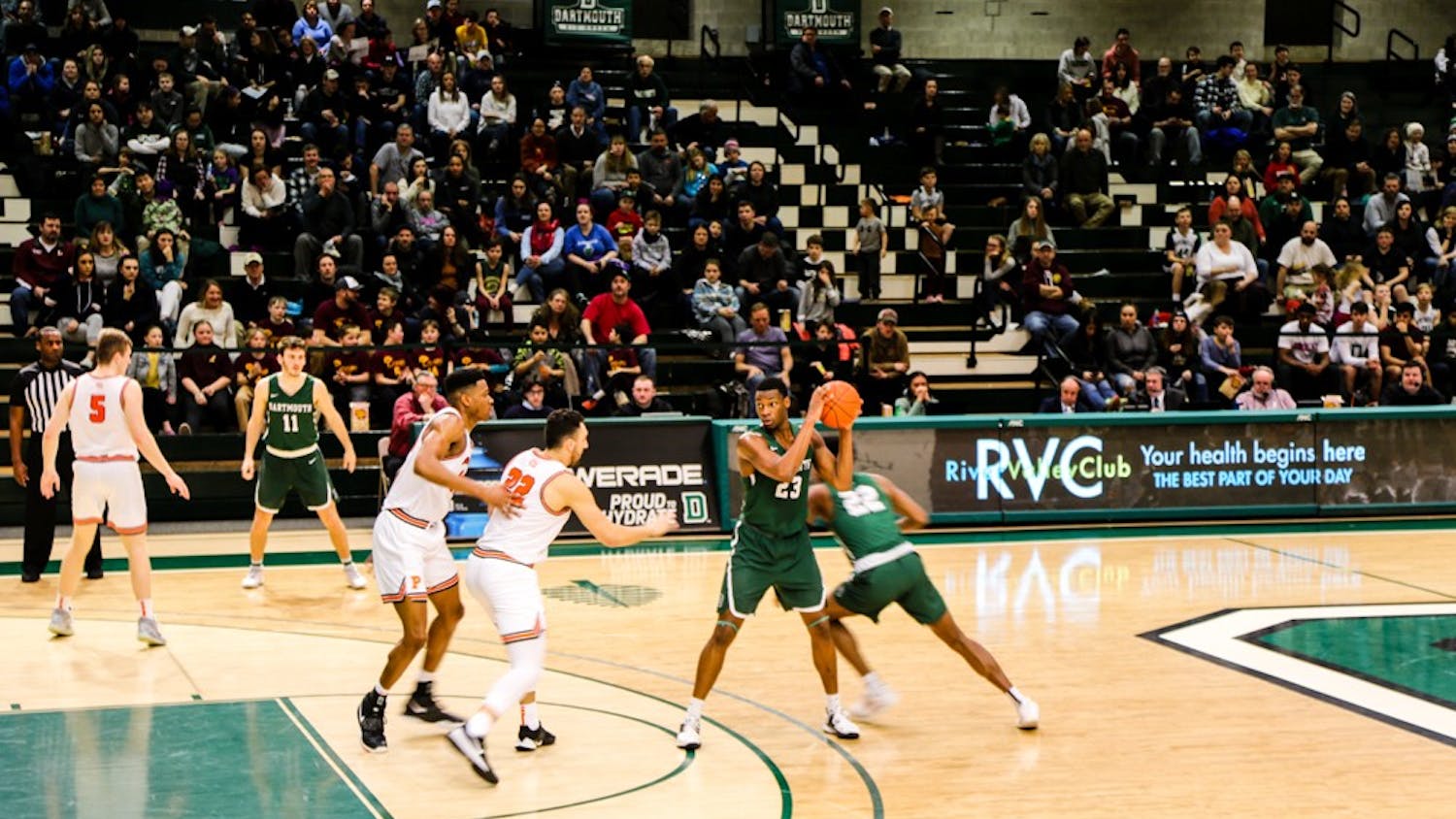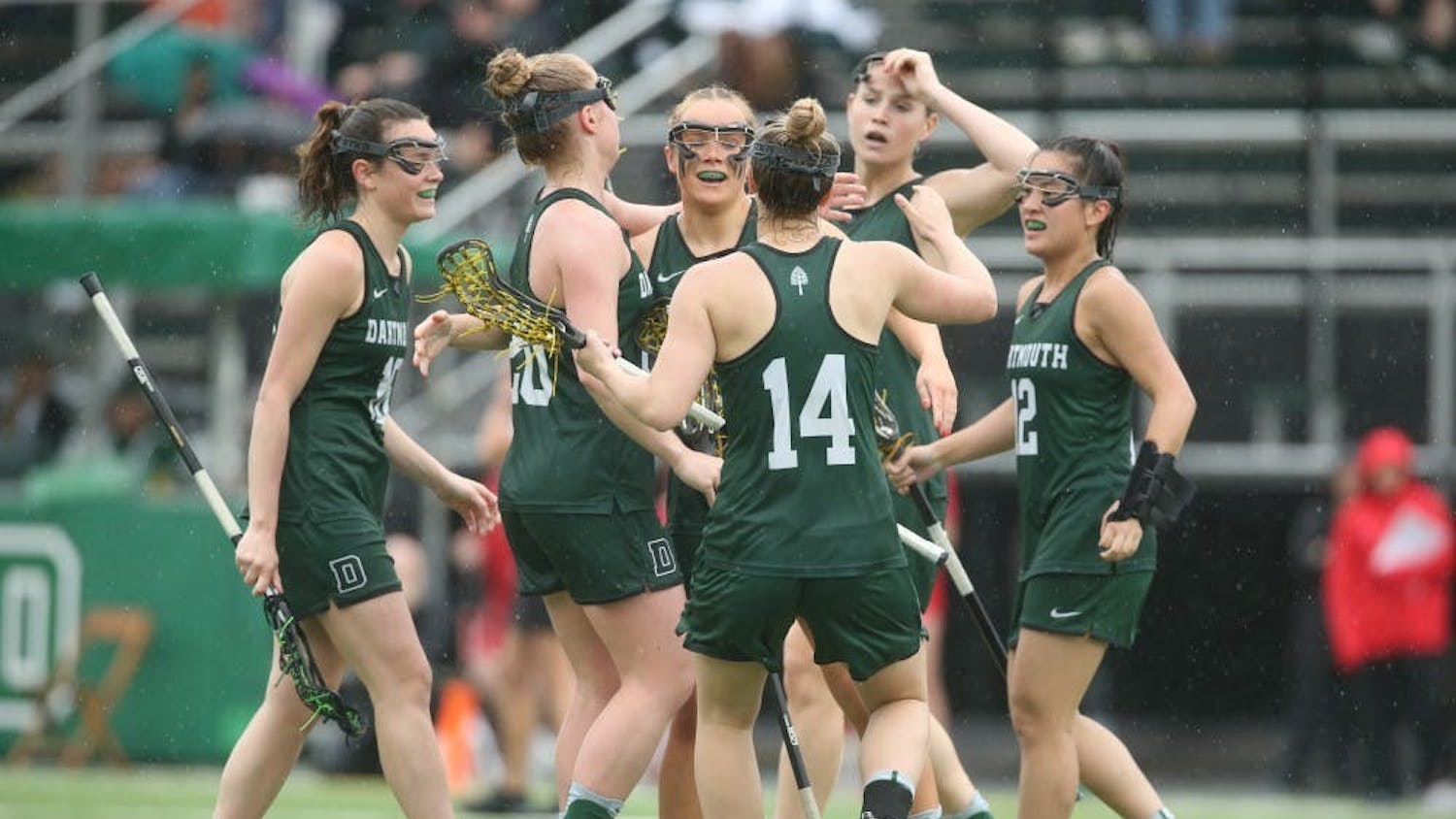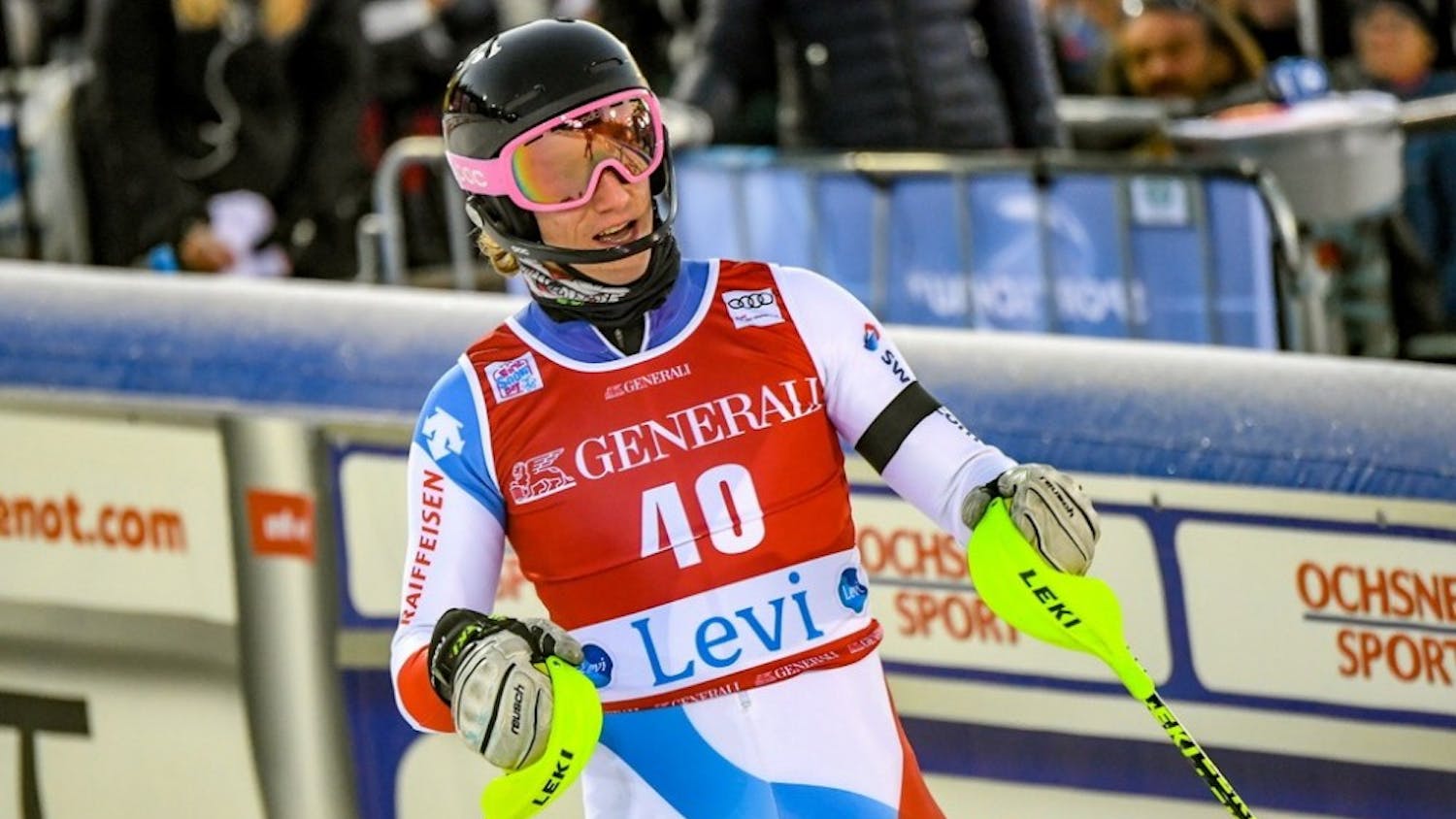Dartmouth spring-sport seniors were not alone in their devastation when they saw their last season in a Big Green uniform slip away. For spring-sport athletes in other conferences, the blow of losing spring season was softened by the NCAA Division I council’s March 30 decision to allow schools to grant their spring-sport athletes — regardless of class year — an additional year of eligibility. The Ivy League, however, chose not to afford athletes the opportunity to apply for eligibility extensions, a decision in line with the league’s long-standing policies.
Under normal circumstances, the NCAA rules grant athletes four seasons of competition within a five-year period; the Ivy League, however, confines these four seasons to a student’s first four years of enrollment at the undergraduate institution. The league’s policy has consistently held that graduate students may not play varsity sports.
While the league’s decision is in line with precedent, Dartmouth athletics director Harry Sheehy made it clear that he would have supported extended eligibility for Big Green spring-sport seniors, specifically athletes who complete their undergraduate degrees and are admitted on their own into a graduate program at Dartmouth.
“This was such an extraordinary situation that we really felt that a one year waiver for our current seniors would have been the right thing to do,” Sheehy said. “It’s a mixed bag, but I was very disappointed for our seniors that they didn’t get the opportunity. Obviously, not all of them would take it, but for the few of them that would have, I thought that was a really good chance to make some things right.”
Sheehy said that the Ivy League’s stance on eligibility is founded on the principle that academics should always come first for its student-athletes. Sheehy said that he believed that affording graduate students the opportunity to finish their athletic experience would not have conflicted with this principle.
“The thing that disappointed me was I see this whole experience as educational,” Sheehy said. “Our classroom happens to be Memorial Field and all of our different venues [such as] Leede Arena and Thompson Rink.”
While Sheehy said that he and College President Phil Hanlon were in agreement on the issue, he said that the majority of Ivy League presidents must have felt differently since the policy was upheld.
With the exception of a few athletes with major injuries and altered D-Plans, Big Green seniors will have to transfer out of the Ivy League if they want the chance to play again. The transfer process is a daunting prospect, but according to Sheehy, the coaches and the athletics compliance office are doing everything they can to help athletes navigate the unprecedented circumstances.
Women’s rugby captain Alex Conway ’20 praised Dartmouth Peak Performance for being responsive and proactive in helping student-athletes during increasingly confusing times.
“I give huge kudos to DP2,” Conway said. “They’re reaching out and offering their normal services of sports psychology, counseling and yoga and leadership training, but it sounds like they’re also trying to support students who do want to transition to the redshirt year.”
Conway said that she herself would not consider transferring schools, emphasizing the importance of the bond she formed with her Big Green teammates.
“Would I consider transferring to another school not in the Ivy League to get my year back?” Conway said. “No, because what makes the experience so special is this group of women.”
While Conway will not continue her rugby career with Dartmouth, she said that she will be staying in Hanover to attend the Geisel School of Medicine.
Men’s rower Liam Davidson ’20 also said that he will not pursue his extra year of eligibility elsewhere. Davidson said that regardless of the Ivy League’s decision, the virus and its ramifications struck too late for him — and many other athletes — to consider competing at Dartmouth or another school.
“I really love this institution and this place and these people. Had this happened in September, I think I would probably be having a different conversation with you,” Davidson said. “Given the timing, just logistically, it didn’t make sense really for me or any of my friends to even consider it.”
Davidson said that while he sees both sides to the Ivy League’s decision, he feels great empathy for those seniors who do want to pursue one more season, and he wishes that some athletes could have been afforded the opportunity to appeal the decision in extenuating circumstances.
“I understand the logic behind the decision, but my heart also hurts for a number of these athletes who have been pouring themselves into this sport since many of them were in elementary school,” Davidson said.
Davidson pointed out that if the Ivy League had permitted eligibility extensions, however, the opportunity to pursue a fifth year would not be equally accessible for all Dartmouth athletes.
“It’s obviously incredibly disappointing for the really talented athletes who have worked really hard and have had this last season taken away from them,” Davidson said. “That being said, there are obviously huge inequities in who has the opportunity to delay finding a career for a year.”
On the other side of the decision, track and field star Cha’Mia Rothwell ’20 is pursuing an additional year of NCAA eligibility. She said that last Wednesday, she decided to spend the next year earning a masters of management studies at Duke University’s Fuqua School of Business while continuing her athletic career.
“Ten years from now, I think looking back, had I chosen not to pursue this other season of eligibility, I would have had a lot of regrets,” Rothwell said. “I am in a stage in my track career where I feel like there’s a lot more left in the tank — that’s not something that I would want to leave on the table.”
Rothwell also stressed that she would not want to turn down the opportunity to further her education. She entered the transfer portal before the Ivy League announced its decision; she said that she had finished her degree at Dartmouth and would have transferred for graduate school regardless. Once she began the process, Rothwell said that everything happened very quickly.
“Coaches started to reach out [and ask] what grad programs I would be interested in, which was mind-blowing to me,” Rothwell said. “I already had a job lined up, and so I wasn’t intending on grad school at all.”
While Rothwell said that she is excited to have the chance to continue her track career, she felt that the decision was bittersweet. She and her teammates always planned on finishing their Division I careers in the same place they started. As far as endings, she did leave the Big Green on a high note, snagging her fourth consecutive Ivy League title in the 60m hurdles in her very last race.
“When I think about my last race in a Dartmouth uniform, I’m happy knowing that I came out as a champion,” Rothwell said.
Whether they continue their collegiate athletic careers elsewhere or conclude their NCAA journeys at Dartmouth, spring-sport seniors have officially donned their Big Green uniforms for the last time.
Justin Kramer contributed reporting.




